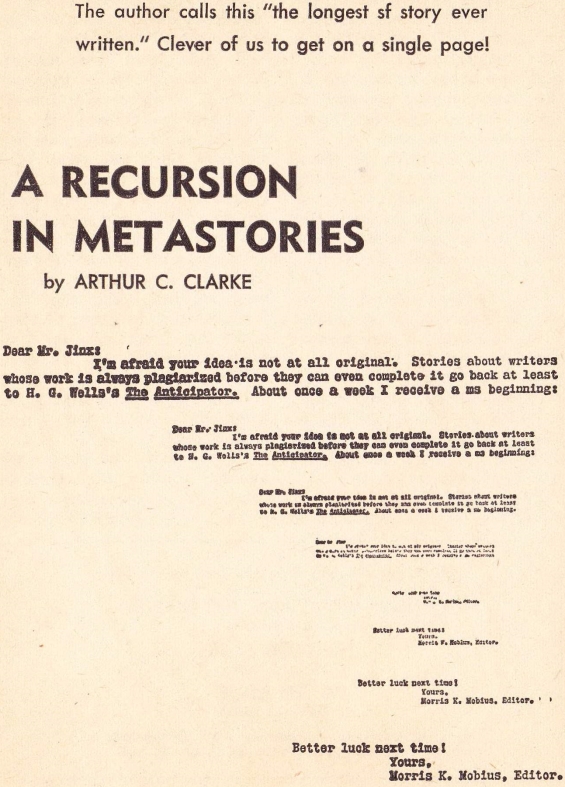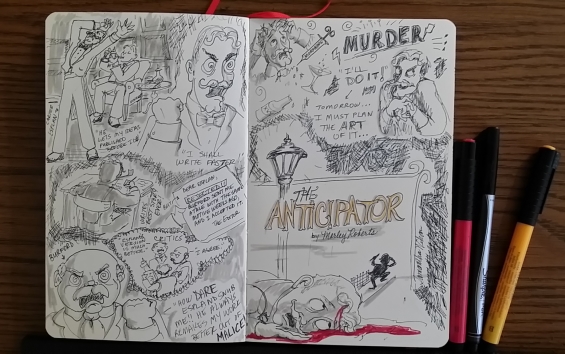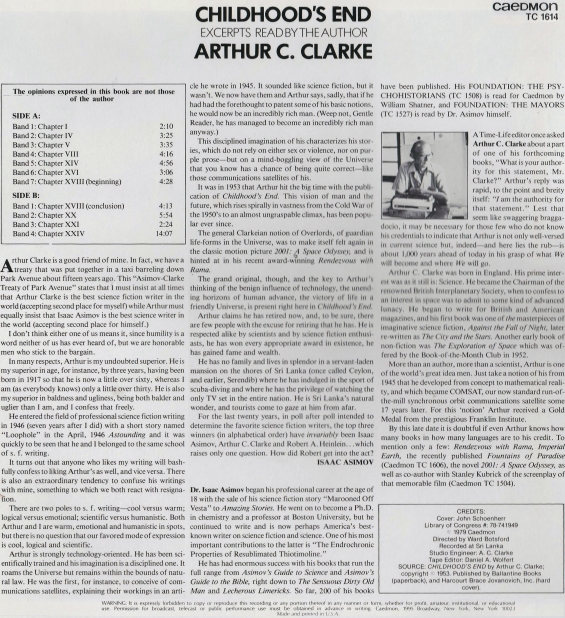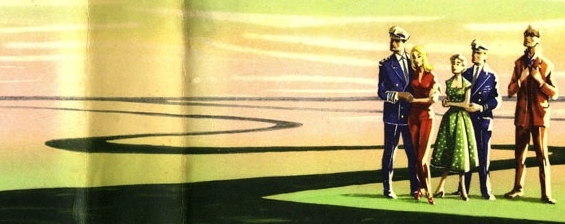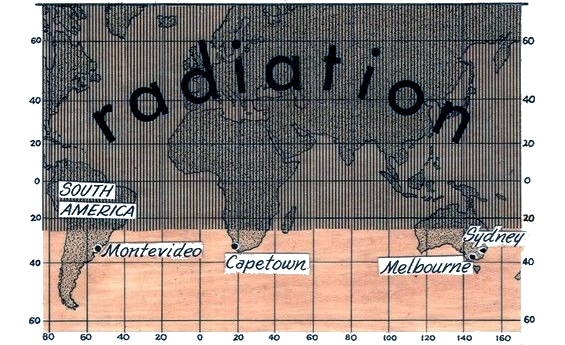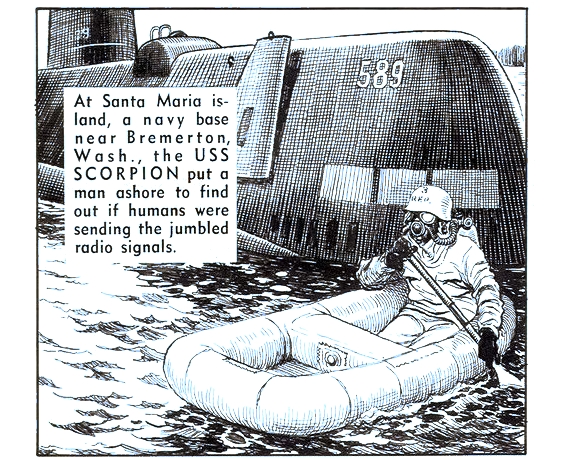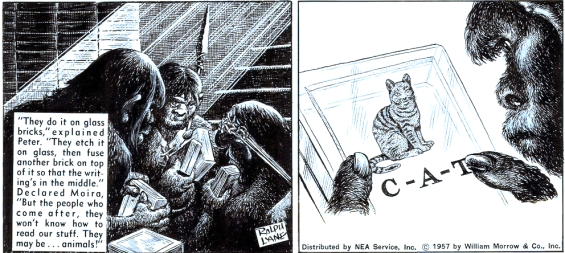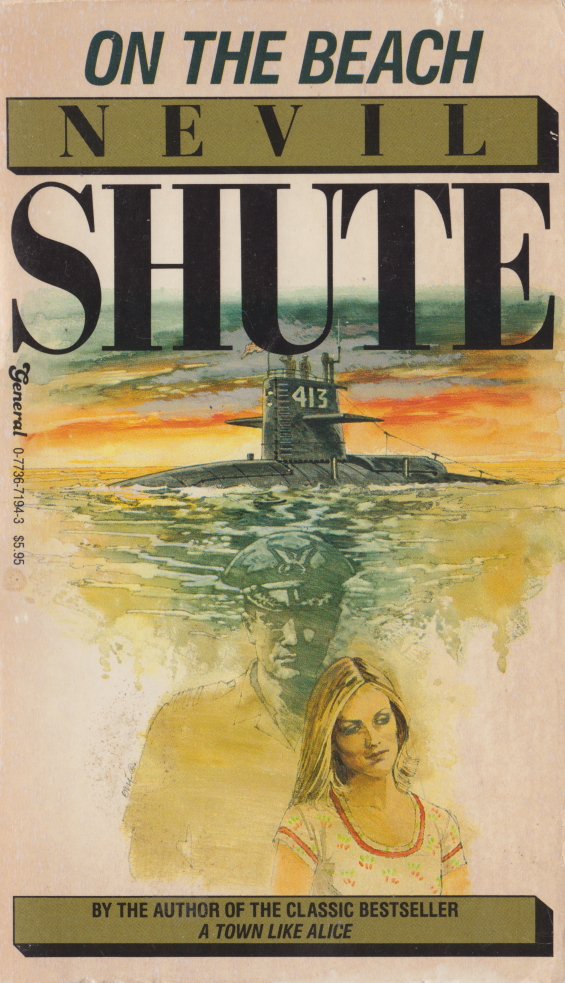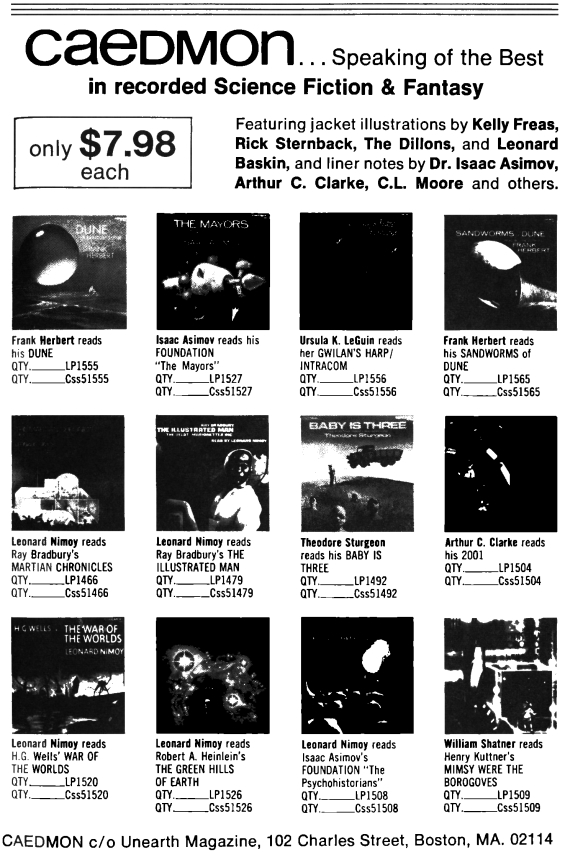
 The SFFaudio Podcast #264 – Jesse, Jenny, Tam, Julie, Bryan, and Mike discuss The Martian by Andy Weir.
The SFFaudio Podcast #264 – Jesse, Jenny, Tam, Julie, Bryan, and Mike discuss The Martian by Andy Weir.
Talked about in this episode:
Dust on Mars is too thin to allow for sandstorms; terpkristin says NASA would never build a faulty antenna; and we finally introduce the book; is The Martian science fiction?; the one-way Mars mission Mars One; reminiscent of Heinlein’s Farmer in the Sky; Mike tracks Watney’s journey through Google Mars; why NASA picks boring locations to land their first missions; Andy Weir on Science Friday; the most far-fetched element of the book is its lack of budgetary concerns; Bradley Cooper in the film adaptation?; The Martian and Gravity have depressing implications; the novel’s (Heinleinian?) lack of character development; Mark Watney is in “full on Macgeyver mode”; most pilots are boring; many LOLs in the book; Andy Weir’s webcomic Casey and Andy; strong language in the novel; stoichiometry; feasibility of plot points; engineer-as-hero motif pitted against bureaucracy; Martian Odyssey by Stanley G. Weinbaum; Robinson Crusoe by Daniel Defoe; Robinson Crusoe on Mars starring Adam West; The Makeshift Rocket by Poul Anderson, a spaceship powered by beer; From the Earth to the Moon by Jules Verne and First Man on the Moon by H.G. Wells; Robinsoniad; Thunder and Lightning series by John Varley; Rocket Ship Galileo by Heinlein, featuring Nazis on the Moon!; the United States falling behind in the Space Race; Stephen Hawking on the dangers of artificial intelligence; Mars Attacks!; the novel’s lack of Earth focus makes it literally escapist; Heinlein’s prophetic Destination Moon; send more potatoes to space; pop culture references; “I’m a space pirate.”; The Case for Mars by Bob Zubrin, a non-fiction proposal for reaching the Red Planet; Red Mars and other Kim Stanley Robinson novels; Marooned starring Gregory Peck; Gravity; Apollo 18, a found-footage horror film; Falling Skies; Bruce Campbell and Martin Koenig in Moontrap; Princess of Mars by Edgar Rice Burroughs; A Walk in the Sun by Geoffrey Landis; Transit of Earth by Arthur C. Clarke bears a strong resemblance to The Martian; new party game: “You an astronaut on Mars. What’s the last music you listen to before you die?”; We Who Are About To by Joanna Russ; hope in fantasy and science fiction; Jesse hopes they don’t make a sequel; locked-room scenarios; Portal; would Earth really expend so many resources to save a single human being?; Ascent by Jed Mercurio; T-Minus: The Race to the Moon; Limit by Frank Schätzing; Planetes; The Souther Reach by Jeff VanderMeer for more botanist action; The Apollo Quartet by Ian Sales; Voyage by Stephen Baxter, dramatized by BBC Radio.


Posted by Jesse Willis

